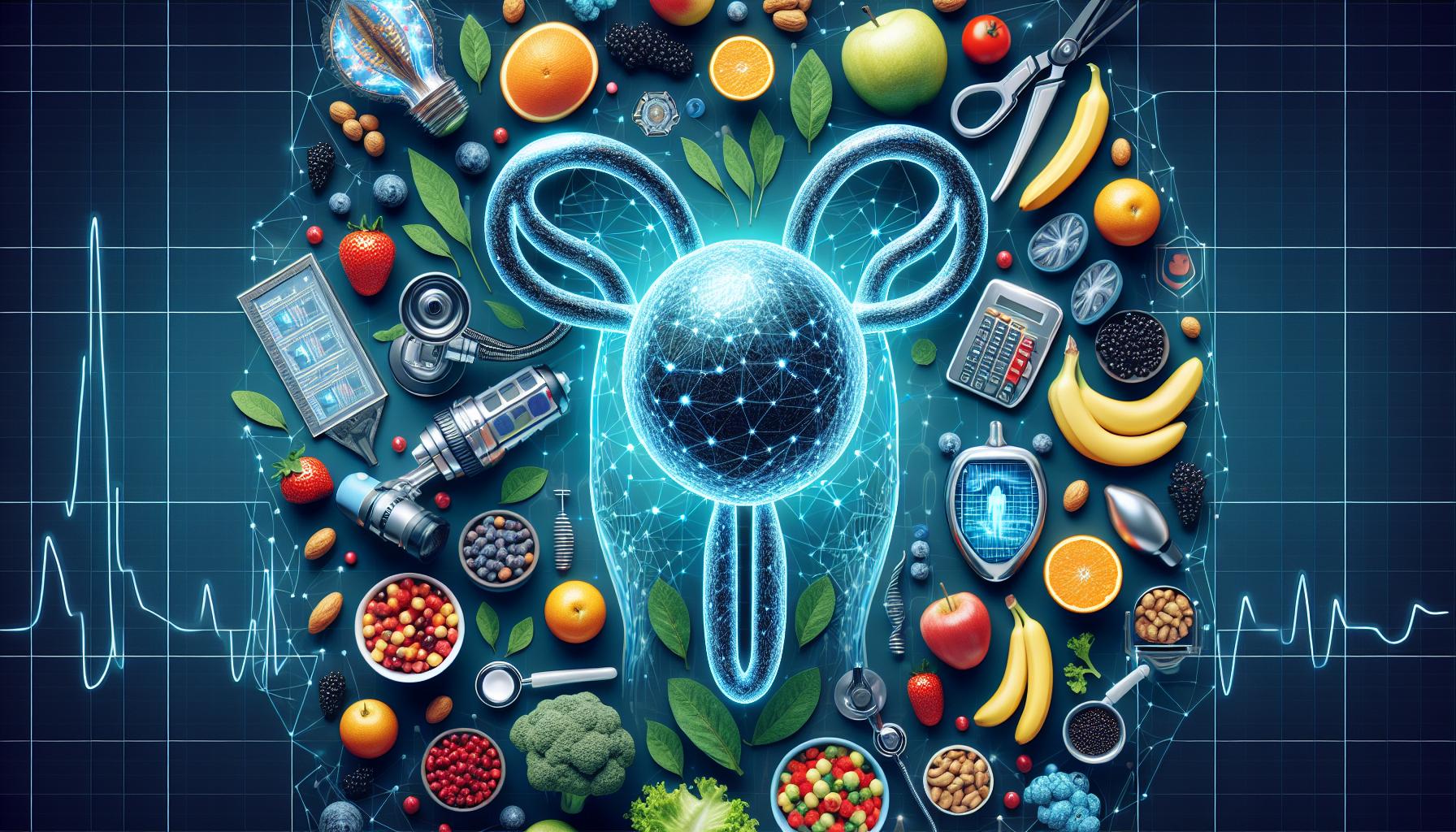Introduction to Optimizing Nutrition After Robotic Prostate Surgery
Have you recently undergone robotic prostate surgery and pondering the profound question – “What’s the optimal nutrition for my post-surgery healthier journey?” You’ve hit the right place. Notwithstanding the complex nature of this concern, the simple answer is a well-balanced diet fortified with specific nutrients to enhance healing, manage side effects, and foster overall well-being. Now, let’s pivot and delve into a more comprehensive approach to evaluating your diet after your surgery.
This article is your roadmap, guiding you through the enticing landscape of post-operative nutrition. We’ll embark on a journey, exploring the vital nutrients that need to form part of your diet, the seamless process of gradually introducing regular foods, and the importance of hydration. Tailoring your eating habits to suit your body’s current needs can be as simple as LEGO® – Let’s Go!
Vital Foods for a Vibrant Future
When it comes to post-surgery nutrition, as the famous saying goes, you are what you eat. The simple act of incorporating the right foods can significantly impact your recovery after robotic prostate surgery. Let’s make this journey as colorful as a bouquet by adding fresh fruits and vegetables to your plate. Not only do they bring the aesthetics but provide a superhero-like defense with their rich antioxidant content.
Fiber-rich Fruits and Vegetables
Fruits such as apples and pears and vegetables like broccoli and carrots are fiber’s fantastic four. Not to be mistaken as the heroes on a comic book page, they are real-life crusaders against constipation, a common foe faced after surgery.
Protein – Powering Your Recovery
Protein, the building block of your cells, lives in the limelight of nutritional emphasis post-surgery. Just as builders are needed to construct a house, protein helps in the repair of surgical wounds and recovery. The compelling domain of proteins includes fine-tuned foods like fish, lean meats, legumes, and dairy products.
It’s a Seafood Soiree
The perfect blend of celebration and nutrition, seafood delight such as Salmon and Tuna are rich in Omega-3 fatty acids. These unsung heroes play a vital role in promoting optimal heart health.
Stay Hydrated to Stay Healthy
Once you hoisted the anchor and started your post-operative nutritional voyage, don’t drop the ball on hydration. Frequently, it’s the forgotten soldier in the nutritional army. Consuming fluids, primarily water, aids digestion, flushes out toxins, and assists with nutrient absorption. All aboard the hydration train, it’s a ride you wouldn’t want to miss!
Water – A Necessity, Not a Luxury
We’ve all heard the age-old adage – water is life. Nowhere is it more critical than during your recovery process. Keeping a water bottle close by can genuinely transform the landscape of your healing.
Transitioning To Regular Foods Post-Procedure
Now let’s venture into the world of regular foods. But hold your horses! It’s essential to add them back into your diet gradually. Introducing foods slowly allows your body time to adjust, preventing digestive distress while also allowing your palate to savor the flavors once more.
Practice Portion Control
It just takes a helping hand when it comes to portion control. Consume multiple small meals throughout the day instead of the traditional three large meals. It’s easier on your tummy and aids in optimal nutrient absorption.
Conclusion: A Healthier You Post-Surgery
With your robotic prostate surgery in the rearview mirror and a healthier road ahead, you’re in the driver’s seat to harness optimal nutrition for an enriching journey, leading to a bright and vibrant future. Now that you’re fully equipped with the dietary do’s and don’ts, embrace the art of gentle and gradual introduction, and remember – every sip of water and every bite of food is an active step toward your recovery.
Frequently Asked Questions
1. Is there any food or drink I should avoid after my surgery?
Yes, it’s best to limit or avoid alcohol and any foods causing gas, bloating, or diarrhea.
2. Can I drink coffee after my surgery?
You could, but it’s prudent to limit caffeine as it can irritate the bladder.
3. When can I start eating regular food post-surgery?
Always consult with your doctor or dietitian, but generally, it’s about a week after the surgery.
4. How much water should I consume per day post-surgery?
As a general guide, aim for 8-10 glasses a day, but this may vary depending on your specific health circumstances.
5. Do I need to take any nutritional supplements after my surgery?
Supplements can sometimes be beneficial, but it’s recommended to consult with your doctor or dietitian, as getting the majority of your nutrients from whole foods is optimal.


